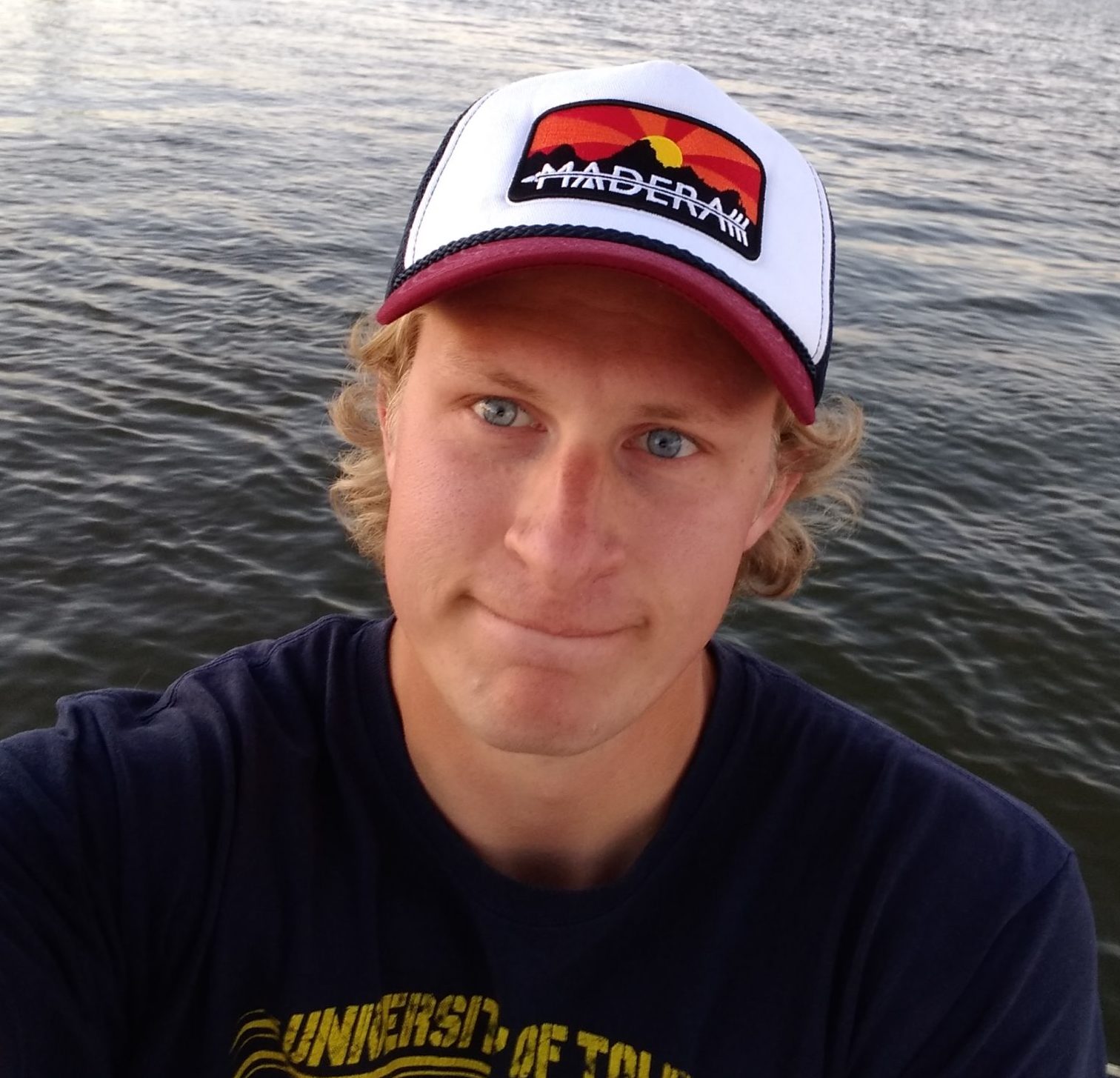
Oliver Eby
Biologist III at AbbVie
The Liberal Arts degree I received from Wyoming Catholic College is unlike any other I’ve encountered. The College’s curriculum has kept itself free from the motivations of the “servile arts.” My education encouraged me to take lessons learned in one discipline to any other discipline where those lessons applied, rather than simply collecting a set of rules for one course topic and being able to use it only in that particular field of study.
I have first-hand experience of the value of this kind of thinking, because, when I graduated from the College in 2016, I immediately started pursuing a master’s degree in bioengineering from the University of Toledo. I went from delving into Hesiod, Homer, and Hegel straight into the world of calculus, chemistry, physics, and computational physiology. As my new university put it bluntly, “there is no overlap in classes between these degrees.”
That, however, did not prevent me from applying what I learned at Wyoming Catholic to my classes in bioengineering. The College taught me how to “think as a whole person,” recognizing that every experience in my life is a lesson to be learned and is applicable to my future. Every week, we saw how philosophy helped us to better understand humanities, how theology helped us to better apprehend the natural world, and how the Experiential Leadership Program made sense out of everything we did. It was this rich experience of integration that has enabled me to thrive in my bioengineering classes, because I was able to draw on lessons from my past experience in order to better understand such complex ideas as biotransport phenomena and thermodynamics.
During my time as a master’s student, I studied tissue engineering and wrote my thesis on creating a 3D tissue analogue that can deliver a sustained release of anti-inflammatory cytokines to modulate macrophage phenotypes and promote tissue regeneration—a long way from Theogony or The Odyssey. I also had an article published in Spine journal, “Electrical Stimulation-Mediated Tissue Healing in Porcine Intervertebral Disc Under Mechanically Dynamic Organ Culture Conditions,” on a collaborative, novel electrotherapy that can be used to heal degenerated spinal discs and prevent surgical interventions. Since earning my master’s degree in 2022, I have begun work as a biologist in the translational and transformational immunology discovery team at AbbVie, a pharmaceutical manufacturing company where we explore the world of biology every day as we seek to identify and develop new therapeutic treatments for fibrotic diseases. I can honestly say that Wyoming Catholic College has gotten me to where I am today, and I am extremely grateful and proud to be an alumnus.

